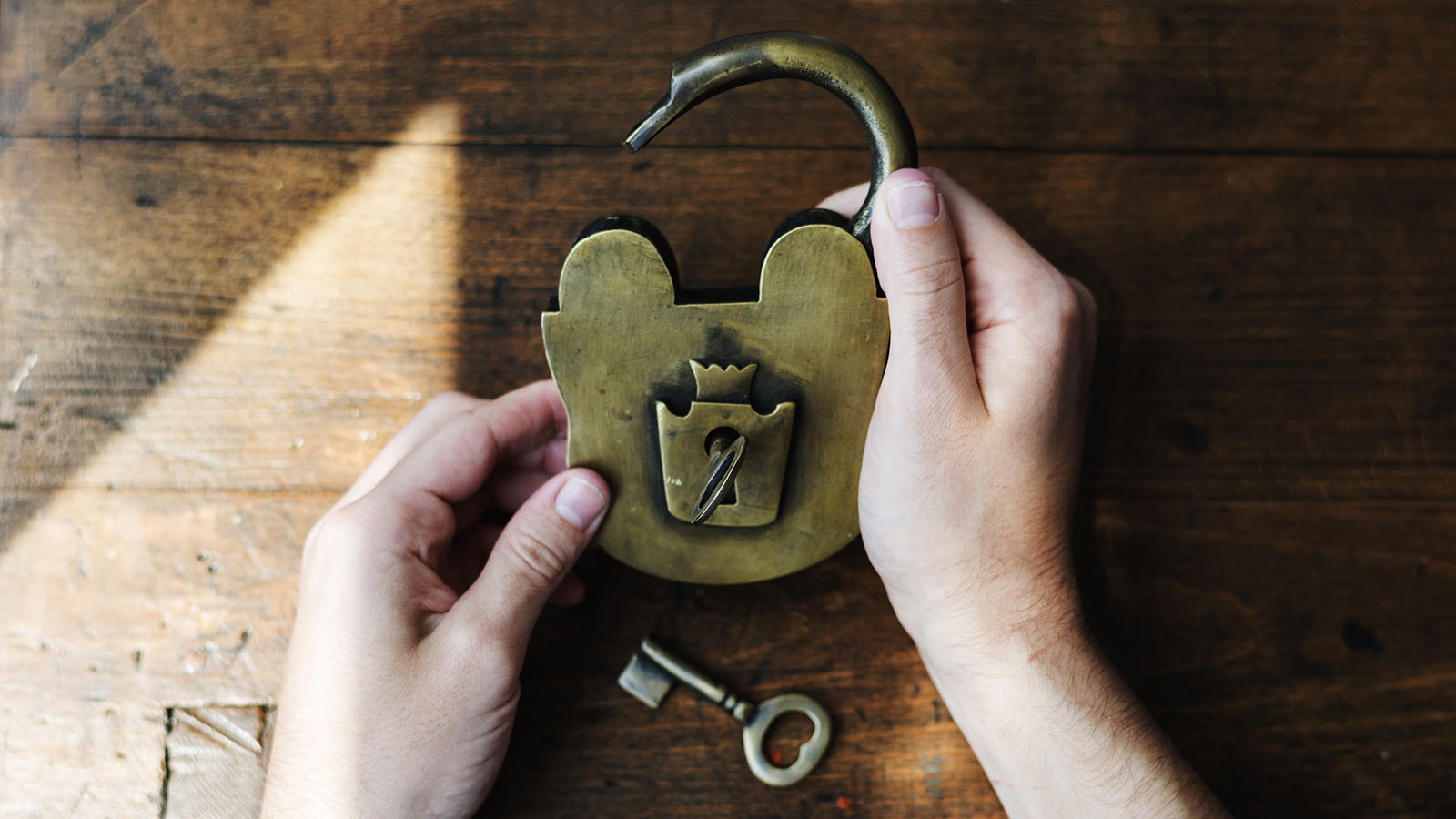
A common topic among digital communications and the IT professionals lately has been the dangers we all face if our digital identity security is compromised. Today we all have our own individual digital identity. Our digital profile is created over time from everything we have ever done using digital channels.
It’s concerning that some people really don’t realize that they are only as safe as their weakest online account. Whether it’s a business or an individual, our security is only as strong as the weakest link. This “weakest link” in our least secure data access point on the Internet.
Most of us forget about some of our old accounts or emails we created. These are vulnerable access points into more valuable personal data. These insecure points can be old email accounts, unused online memberships, eBay or other old digital commerce accounts, emails left over from previous employers, etc.
These weak points can be weak links into our digital profile. Information from these weaker accounts can give hackers easier access to info needed to get at our valuable accounts.
These access points and accounts that may contain: Personal information, reused passwords, phone numbers, family members names, etc. All are potential ways into our existing digital channels.
The danger is far greater than just people using our credit cards. Many people think the problem isn’t that serious because it’s just “Visa replacing my money and sending me a new card”.
Some of these other concerns: Using your identity to access to your other accounts, opening new credit card accounts, gaining access to your social security number to work under your identity, approve major property purchases, open false loans, open online selling accounts for money laundering and reselling stolen goods, etc.
Some Recommendations to Protect Yourself
- Use an antivirus and malware application and leave it on at all times.
- Never use your debit card online. This gives out your bank account details and direct access to your money.
- Delete old social media and email accounts.
- Use a separate password for each website and complex passwords that contain numbers, symbols, capitals and lowercase characters.
- Keep a digital record of your passwords in an Excel or other spreadsheet. Be sure the spreadsheet has a master password to protect it.
- Turn on and use your computer’s firewall. Only allow access for software and sites you are sure you can trust.
- Consider adding security extensions to your browser such as: Ghostery to monitor and easily control the way websites track you. Click&Clean to delete your tracks online to minimize private info about you in your browser history.
- Use two-factor authentication. This is the service that sends you a text or a call when you log-in to your accounts as a secondary security check. This results in a huge increase in security, but many people skip it since it’s a bit annoying.
- Check and verify old employers have removed your profile and email from their systems. If they need to stay open, periodically check them to be sure they are still secure.
- Create and use only new and individual passwords on all websites. Retire old and reused passwords.
- Use passwords that don’t include info related to your personal information such as birth dates, children’s or spouses names, your address, phone numbers, your age or date of birth.
- Use a password manager such as LastPass, Dash Lane, Keeper or another with positive reviews. Many password managers are free or very inexpensive.
- Consider using a VPN (virtual private network) when accessing your financial accounts, paying bills or other sensitive business tasks online. Private Internet Access and TorGuard are a couple VPN developers that are proven to be secure. These mask your IP address, so anyone tracking you cannot reach your digital access point.
Hope this has some value to it’s readers. Approach the Internet in general with skepticism to be safer online.
